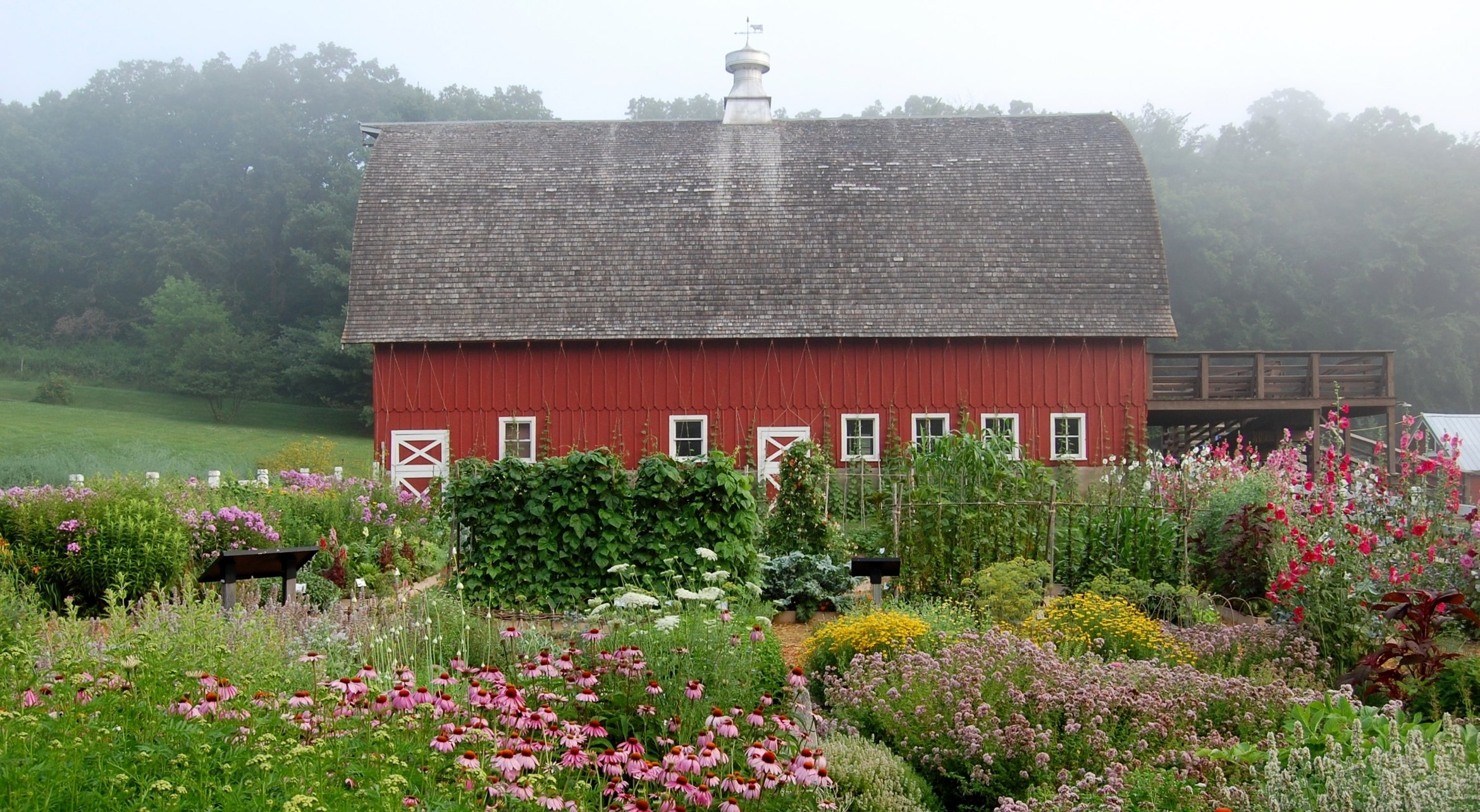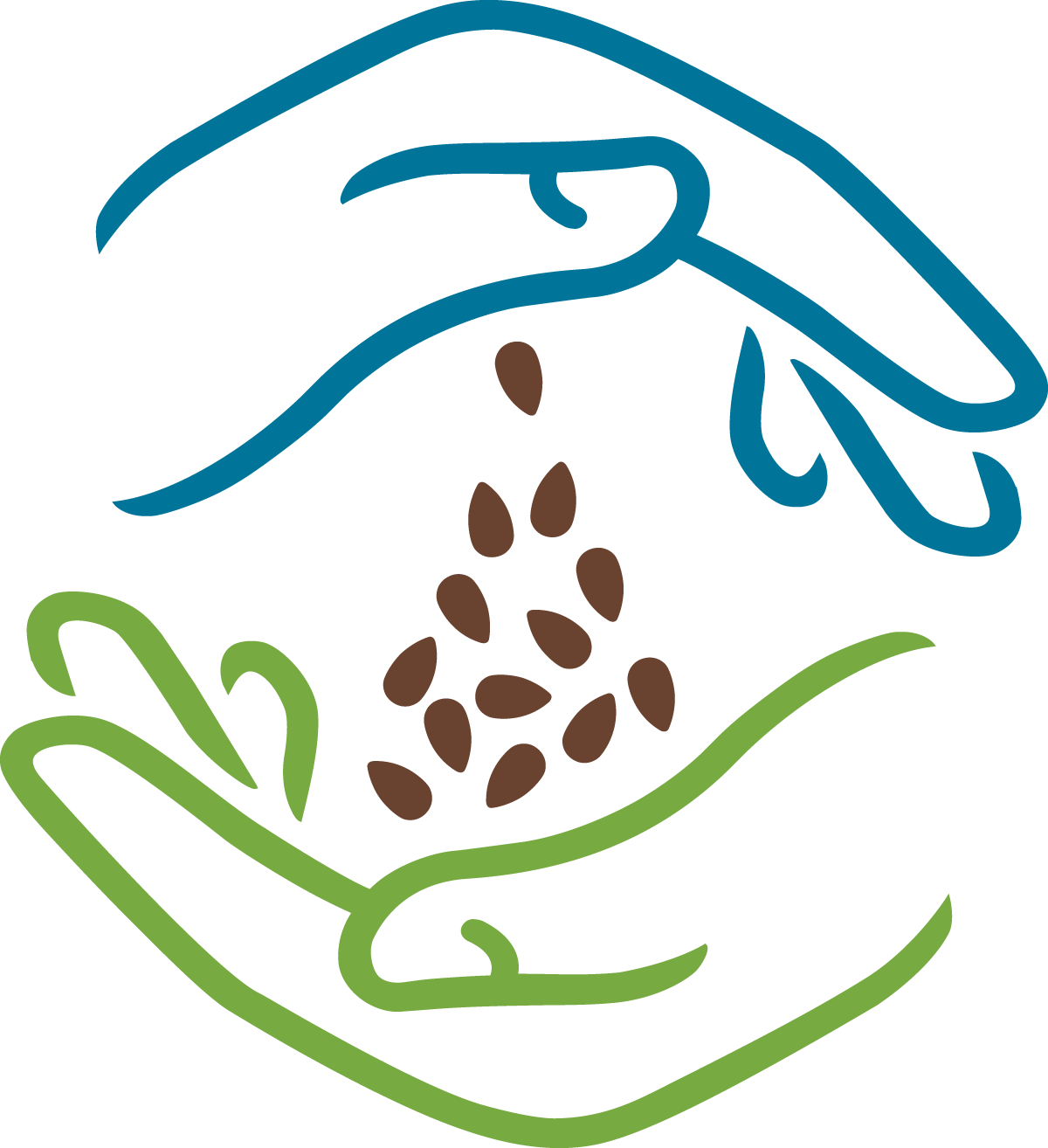Seed Support for Tribal Food Security, Sovereignty
/Historic 'Johnson County White' corn was one of five varieties Seed Savers Exchange donated to the Winnebago Tribe of Nebraska to support food security and sovereignty.
When Ed Spevak of the St. Louis Zoo's Center for Native Pollinator Conservation began working with the Winnebago Tribe of Nebraska on issues of food sovereignty, food security, and pollinator health, he knew exactly where to turn for the heirloom corn, beans, and squash the Winnebago—part of the Ho-Chunk Nation—sought.
“I had personally been a member of Seed Savers Exchange for several years, and had toured the Heritage Farm facilities in 2014,” he says. “I thought the mission of Seed Savers aligned perfectly with what the Winnebago Tribe and the Saint Louis Zoo were trying to accomplish with regard to food security and sovereignty.”
So Ed dashed off an e-mail to the organization earlier this year: “Would Seed Savers Exchange be able to donate any seeds to the Winnebago?” he inquired.
That simple request triggered a swift response: Seed Savers Exchange donated 67 total pounds of seeds spanning five varieties: ‘Glass Gem’ corn, ‘Johnson County White,’ corn, ‘Cherokee Trail of Tears’ beans, ‘Hidatsa Red,’ beans and ‘Waltham Butternut’ squash.
(The Ho-Chunk are a Native-American people whose historic territory includes parts of Wisconsin, Minnesota, Iowa, and Illinois. Today, Ho-Chunk people are enrolled in two federally recognized tribes, the Ho-Chunk Nation of Wisconsin and the Winnebago Tribe of Nebraska.)
In mid-June, the tribe planted a five-acre parcel in Winnebago—part of Thurston County, Nebraska—with ‘Johnson County White’ corn. (The tribe, which will plant the other varieties next year, also shared some of the donated seed with the Omaha and Ponca tribes.) “We were delighted...shocked almost, at how well it did,” says Ed.
Ho-Chunk members plant fruit and nut trees next to the recently planted corn field to provide food for native bees (pollen and nectar) and for the tribe (fruits and nuts).
In October the Ho-Chunk harvested close to 50 quarts of corn for use in corn soup for senior citizens as well as at memorials and funerals. “That corn is taken when the sugar is at its peak and blanched, the kernels removed from the cob and dried,” says Ed. The tribe also harvested corn dried on the cob, which they then shucked and used for porridge as well as saved seed from for next year.
But the open-pollinated seeds donated by Seed Savers Exchange provided more than just fresh food and sustenance, says Hilery Spray of the Winnebago Tribe.
“Food defines us—it connects us from heaven to earth—and because traditional foods are unique to different native peoples, they play a huge role in what being Ho-Chunk means,” she says.“White corn is used ceremonially in the Native American Church as one of the foods that represent life, but lately no one has been growing this kind of corn, so to be able to grow it, through the wonderful generosity of Seed Savers Exchange, is a huge blessing for the Ho-Chunks."
Your support and donations are instrumental in sharing seeds with gardeners and communities. Become a member today so that seeds may be kept where they belong: in our gardens and on our tables, and around for generations to come.















